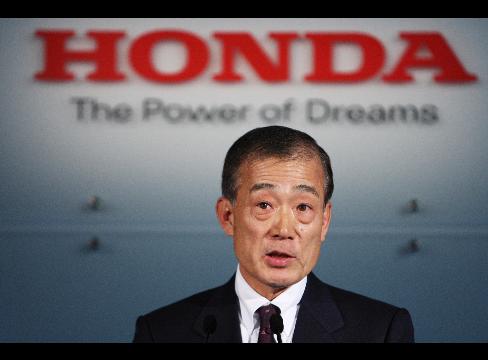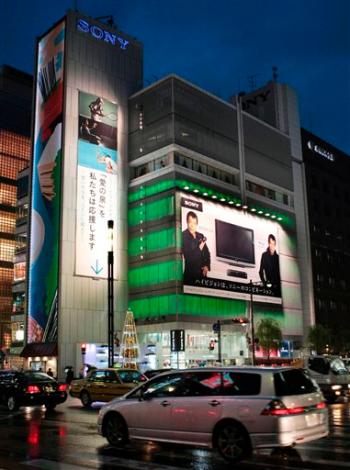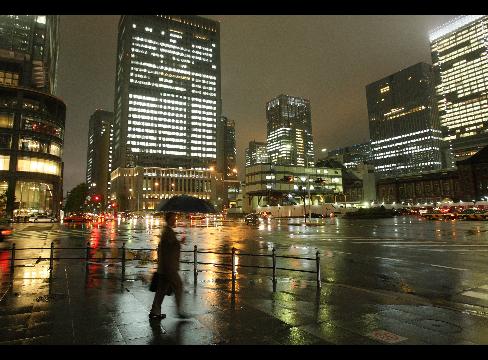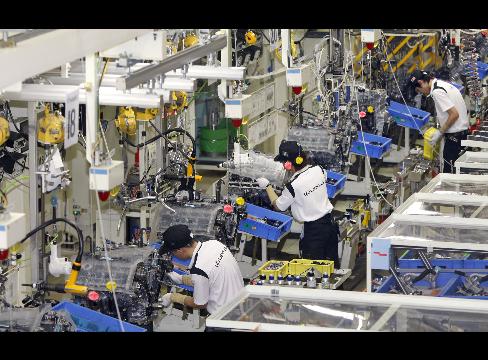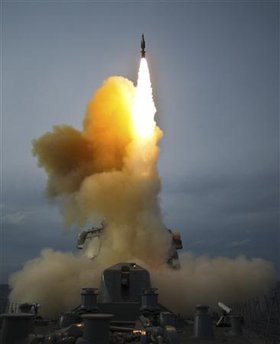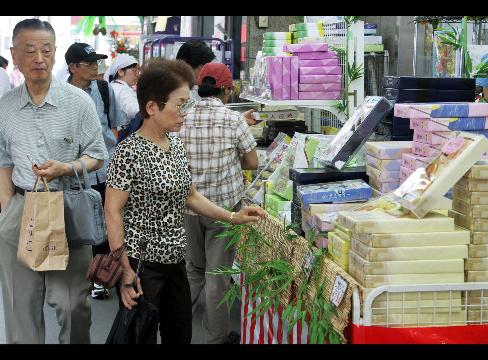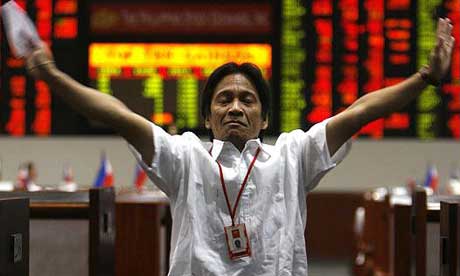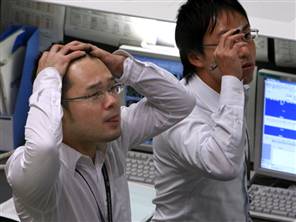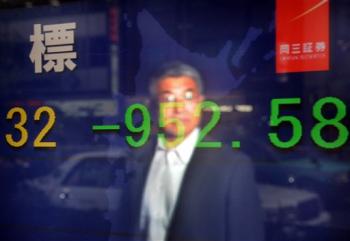The International Monetary Fund has slashed its forecast for the world economy next year, predicting outright contraction for the rich economies of North America, Europe, and Japan for the first time since the Second World War.
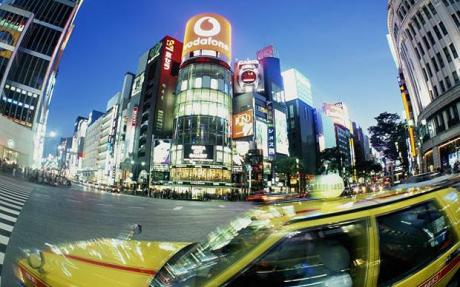
Taxi driving through Tokyo at night. Photo: GETTY
“Prospects for global growth have deteriorated over the past month. The financial crisis remains virulent. Markets have entered a vicious cycle of asset deleveraging,” said the fund yesterday.
Britain’s economy will suffer and will see the steepest decline in G7 club of leading powers, shrinking 1.3pc as the crunch in the City of London leads to more job losses. Germany will decline by 0.8pc, The US and Spain by 0.7pc.
Sending shivers through stockmarkets everwhere, the Fund cut its world outlook next year to just 2.2pc, down from 3pc just a month ago. This is a global recession under the IMF’s 3pc rule-of-thumb.
“Financial stress is likely to be deeper and more protracted than envisaged in October. Markets are pricing in expectations of much higher corporate default rates, as well as higher losses on securities and loans,” it said.
“Activity is increasingly being held back by slumping confidence. As the financial crisis has become more entrenched, households and firms are increasingly anticipating a prolonged period of poor prospects for jobs and profits. As a result, they are cutting back.”
Olivier Blanchard, the IMF’s chief economist, called on authorities around the world to respond rapidly with combined monetary and fiscal stimulus, saying risk on an inflationary surge had subsided as commodities prices slump.
Read moreIMF urges radical action to fight global recession
